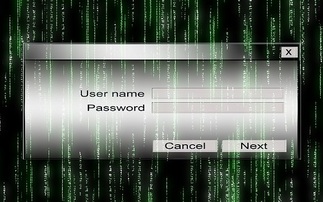Estimates suggest security flaw could affect over 500 million computers and internet connected devices
A new security vulnerability described as "worse than Heartbleed" could wreak havoc on everything from IT systems to internet-connected devices, experts have warned. Known as "The Bash Bug" and ...
To continue reading this article...
Join Computing
- Unlimited access to real-time news, analysis and opinion from the technology industry
- Receive important and breaking news in our daily newsletter
- Be the first to hear about our events and awards programmes
- Join live member only interviews with IT leaders at the ‘IT Lounge’; your chance to ask your burning tech questions and have them answered
- Access to the Computing Delta hub providing market intelligence and research
- Receive our members-only newsletter with exclusive opinion pieces from senior IT Leaders





















